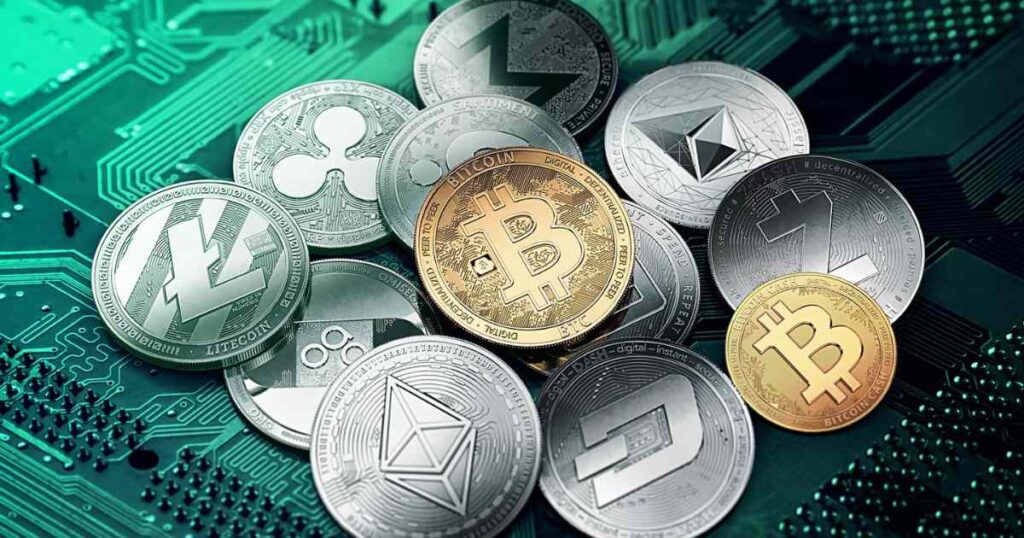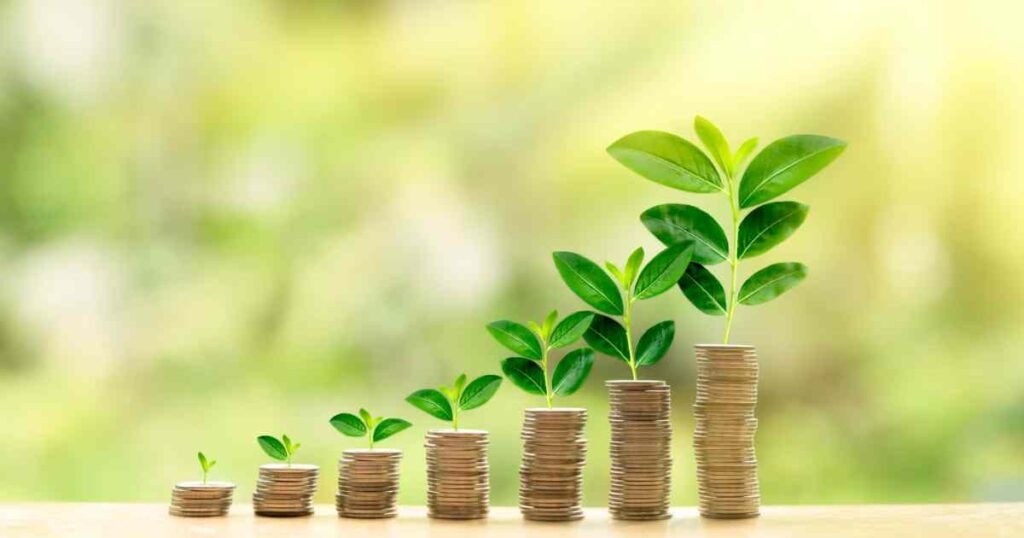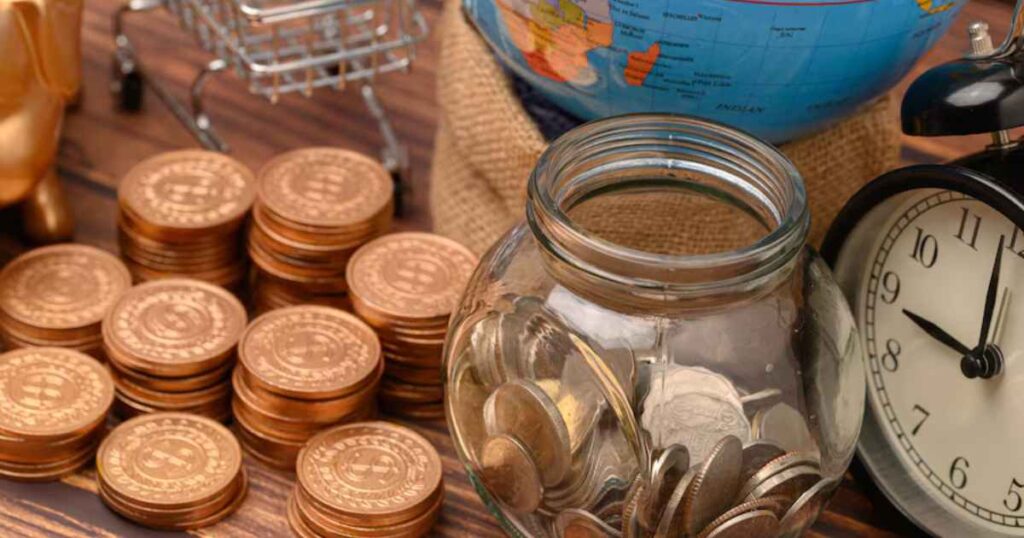Ever wondered why the dollar in your pocket holds its worth? Let’s dive into the fascinating world of currency valuation. Understanding which factors play a role in establishing the value of a country’s currency isn’t just for economists – it’s crucial knowledge for anyone interested in global finance, travel, or investing. We’ll unravel this complex topic, exploring everything from historical currency types to modern-day valuation methods.
A Brief Overview of Historical Types of Currency
Money’s come a long way since the days of bartering chickens for corn. The journey from commodity money to our modern financial system is a tale of innovation and adaptation. Back in the day, coins made of precious metals were the norm – their value literally weighed in gold or silver.
As societies grew more complex, we saw the rise of representative money. This was the bridge to our current system, where paper bills stood for a certain amount of gold or silver kept in a vault. But times change, and so does money. Today, most countries use fiat currency – money that’s valuable because the government says it is, backed by trust and economic might rather than shiny metals.
Valuing Currencies 101: What Determines the Value of Currency?

At its core, a currency’s value boils down to supply and demand. It’s like a giant, global marketplace where currencies are bought and sold. But what drives this cosmic forex market? It’s a mix of economic policies, political stability, and market sentiment.
Central banks play a huge role, tweaking interest rates and money supply to keep their currency stability in check.
Economic growth, trade balances, and even rumors can sway a currency’s value. Think of it like a country’s report card – good grades in GDP and exports can make a currency more attractive. But it’s not just about the numbers.
Investor confidence and global events can send currencies soaring or plummeting in the blink of an eye. It’s a complex dance of factors, each playing its part in the valuation tango.
What Are the Indicators of the Strength of a Currency?
Inflation
Inflation is like a stealthy thief, slowly eroding your money’s purchasing power. High inflation rates can send investors running for the hills, weakening a currency faster than you can say “hyperinflation”. The central monetary authority, like the Federal Reserve in the US, works tirelessly to keep inflation in check, using various tools to maintain currency stability.
Interest Rates
Interest rates are the Fed’s secret weapon in the battle for currency strength. Higher rates can attract foreign investors like bees to honey, boosting demand for a currency. But it’s a delicate balance – too high, and it might stifle economic growth; too low, and inflation could rear its ugly head.
Capital Inflow/Outflow & Politics
Money flows where it’s treated best. Countries with strong economic stability and promising growth prospects tend to attract more capital investment. But political instability or geopolitical tensions can send that money packing faster than you can say “trade dispute”. It’s a constant tug-of-war between opportunity and risk.
The Level of Debt
National debt is like a double-edged sword. Some debt can fuel growth, but too much can be a red flag for investors. High debt levels might lead to higher inflation rates or even default fears, potentially weakening the currency. It’s all about finding that Goldilocks zone of sustainable borrowing.
Establishing the Value of a Country’s Currency: How Exchange Rates Measure the Value of Money
The Fixed Exchange Rate
Some countries opt for a fixed exchange rate, pegging their currency to a stronger one like the US dollar. It’s like having a big brother to lean on, providing stability and predictability. But it comes at a cost – less flexibility to adapt to economic shocks.
The Floating Exchange Rate
Most major currencies today float freely, their value determined by the ebb and flow of the forex market. It’s a wild ride sometimes, with currencies bobbing up and down like corks in the ocean. But it allows for quicker adjustments to economic realities and can act as a shock absorber for the economy.
Decided on the Currency You Wish to Invest In?

If you’re thinking about dipping your toes into currency investing, kudos to you! It’s an exciting world, full of opportunities and risks. Remember, knowledge is power in the forex game. Stay informed about global events, economic indicators, and monetary policy decisions.
And never invest more than you can afford to lose – the currency market can be as unpredictable as a cat in a room full of rocking chairs!
FAQ
How is Currency Valued?
Currency valuation is a complex dance of supply and demand, influenced by factors like economic growth, political stability, interest rates, and market sentiment. It’s like a giant, global popularity contest where economic fundamentals meet investor psychology.
What is Used to Determine the Value of One Currency Against Another?
The foreign exchange market is the ultimate judge of currency value. Traders, banks, and investors buy and sell currencies based on economic data, political events, and future expectations, determining exchange rates in real-time.
What Does the Value of a Currency Indicate?
A currency’s value is like a country’s economic report card. A strong currency often indicates a robust economy, low inflation, and political stability. However, it’s not always black and white – sometimes a weaker currency can boost exports and economic growth.
What Currency is Worth the Most?
As of 2023, the Kuwaiti Dinar holds the crown for the world’s most valuable currency. But remember, highest value doesn’t always mean strongest or most widely used. The US dollar remains the world’s dominant reserve currency.
Who Decides which Currency Each Country in the World Uses?
Each sovereign nation decides its own currency. It’s usually established by law and managed by the country’s central monetary authority. Some countries choose to use another nation’s currency or form currency unions, like the Euro.
How Can a Country Increase the Value of Its Currency?
Countries can boost their currency’s value through sound economic policies, maintaining low inflation rates, raising interest rates, promoting political stability, and fostering economic growth. Improving the trade balance can also strengthen a currency.
Why is the United States Currency the Dominant World Currency?
The US dollar’s dominance stems from America’s economic might, political stability, and the dollar’s long history as a reserve currency. It’s widely used in international trade, supported by deep and liquid financial markets, and backed by the world’s largest economy. Talk about a financial superstar.

Howdy, editor at FinanceEon.com, brings over a decade of financial journalism experience. He ensures accuracy and insightful analysis, guiding a team on market trends and investment strategies.







